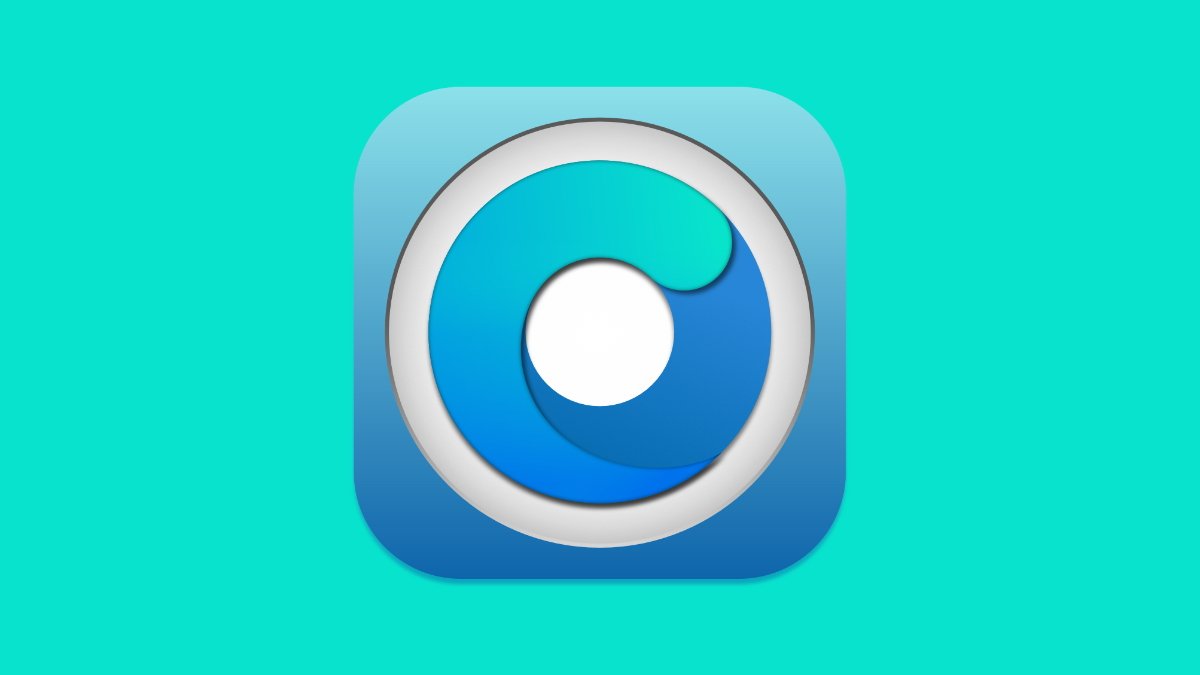The upcoming macOS Sonoma from Apple will have a different range of supported Macs compared to macOS Ventura, but the OpenCore Legacy Patcher team is working now to bring the newer OS to older Macs.
The OpenCore Legacy Patcher is a software utility that enables PC users and owners of older Mac models to install newer macOS versions on their computers. This community-driven project, built upon OpenCore, is specifically tailored for older Macs.
Recently, Mykola Grymalyuk, the leader of the patcher project, shared an update stating that their team has been working on the latest macOS Sonoma release. As proof, he provided a screenshot demonstrating the successful execution of macOS Sonoma on a 2013 Mac Pro.
They currently provide a tentative timeframe of approximately six months for a software update.
The team and I have been hard at work with macOS Sonoma development, and thought some people might like a bit of a sneak peak.
— Mykola Grymalyuk (@khronokernel) June 7, 2023
And here we are, a 2013 Trans Can Mac Pro running #macOS 14.0, #Sonoma!
We still have a ton of work to do, but hope everyone's excited for this fall! pic.twitter.com/mQyYQ76jHR
OpenCore is an advanced boot loader that injects and patches data in memory rather than on disk. As a result, it can provide a nearly native experience on many Macs that are not officially supported.
It also simplifies installing OpenCore on unsupported Macs, offering a user-friendly point-and-click experience.
Compatible Macs
The project plans to expand its list of compatible Macs to include various machines from 2017.
- iMac (21.5-inch, 2017)
- iMac (Retina 4K, 21.5-inch, 2017)
- iMac (Retina 5K, 27-inch, 2017)
- MacBook (Retina, 12-inch, 2017)
- MacBook Pro (13-inch, 2017, Two Thunderbolt 3 ports)
- MacBook Pro (13-inch, 2017, Four Thunderbolt 3 Ports)
- MacBook Pro (15-inch, 2017)
Presently, these devices' sole recognized constraint is the absence of wireless functionality. However, graphics support remains unaffected and is fully compatible.
The team is addressing problems related to graphics cards that utilize the 31001 compilers. This includes resolving issues for Macs equipped with Intel Broadwell and Intel Skylake chips and 3802 GPUs from Intel Ivy Bridge, Intel Haswell, and Nvidia Kepler.
 Andrew Orr
Andrew Orr







-m.jpg)






 Charles Martin
Charles Martin

 Malcolm Owen
Malcolm Owen
 William Gallagher
William Gallagher

 Christine McKee
Christine McKee
 Wesley Hilliard
Wesley Hilliard









5 Comments
“Presently, these devices' sole recognized constraint is the absence of wireless functionality.”
I have a 2013 iMac running Ventura through OCLP. It's great. All SSDs now, 32GB, all the security updates, etc. OCLP is a great tool.
I don't CARE about new features unsupported. My experience is the same as it was when my iMac was new. There's a lot of things I never used (like the camera).
It's when graphics acceleration is not supported that the experience sucks. That's when you stick with the old OS until you replace your hardware. I ran Catalina for a long time, until I finally jumped to Big Sur on OCLP last year and patiently waited for OCLP to support Ventura. It took them about 6 months to get it working.
Apple made a Wi-Fi change somewhere along the line and started dropping the drivers gradually here and there. Wi-Fi can be had sometimes with upgrades of cards from newer models that still work in older models. Major architecture changes may prevents that.
My daughter uses a 2014 MB Air for school, with OCLP and Ventura. It’s just perfect - her schoolmates with Windows laptops envy her (why they keep selling crappy Windows laptops to school students still baffles me). That old Air is just a better fit for the task. Looking forward to WiFi support on OCLP Sonoma.
It would be something if Apple finally realizes their hardware is still very usable even after 10 years and it’s just a waiste to force people to upgrade when it’s not necessary, also in regard of the environment. Please, Apple, get OCLP out of business by supporting your devices for at least 15 years (without slowing them down considerably that is, and without crippling them unless hardware restraints force the OS to gradual degredation).